Cancer discovery news
Our researchers are making the discoveries that defeat cancer. Read the latest findings from our world-leading research.
Visit our main news hub to read about news on new funding, our fundraising activities and much more. If you want to keep updated on our news, you can follow us on social media or sign up for our Search newsletter.
If you’re a journalist and want to find out more, you can contact our media relations team.
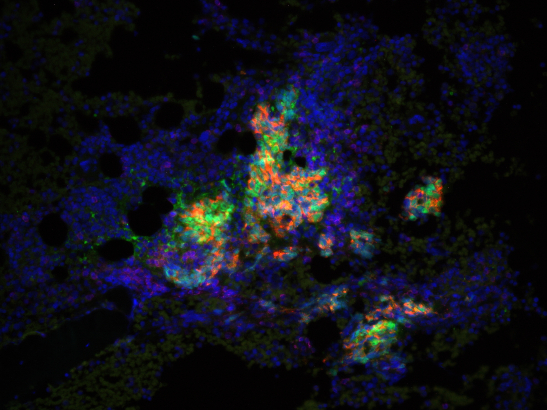
Scientists can predict how long prostate cancer patients will respond to olaparib
Scientists have worked out a way of predicting how long a prostate cancer patient will continue to respond to the PARP inhibitor drug, olaparib, according to new research published in the journal Cancer Cell.
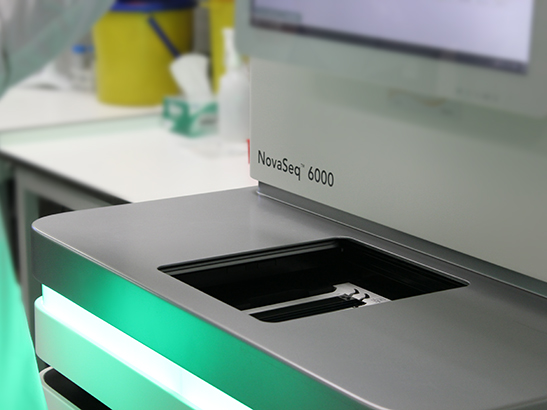
New potential cancer-driving genes unveiled, opening new paths for precision treatments
Researchers have carried out an in-depth analysis of 10,478 cancer genomes across 35 different cancer types, identifying 330 potential cancer-driving genes, 74 of which are newly associated with cancer. The findings highlight the potential to develop new, more targeted treatment options for cancer patients.
.jpg?sfvrsn=21a64ae3_1)
New treatment target for aggressive leukaemia discovered by disrupting its genome organisation
Researchers have identified a key weakness in acute myeloid leukaemia, offering a promising new strategy to delay the progression of this aggressive blood cancer. The discovery focuses on disrupting the function of a certain protein complex that cancer cells, including leukaemia cells, rely on to maintain their abnormal growth.

Powerful new therapy doubles progression-free survival in advanced breast cancer
A three-drug combination for aggressive advanced breast cancer doubles the length of time before the cancer progresses, compared with a drug combination currently available on the NHS, new research has shown.
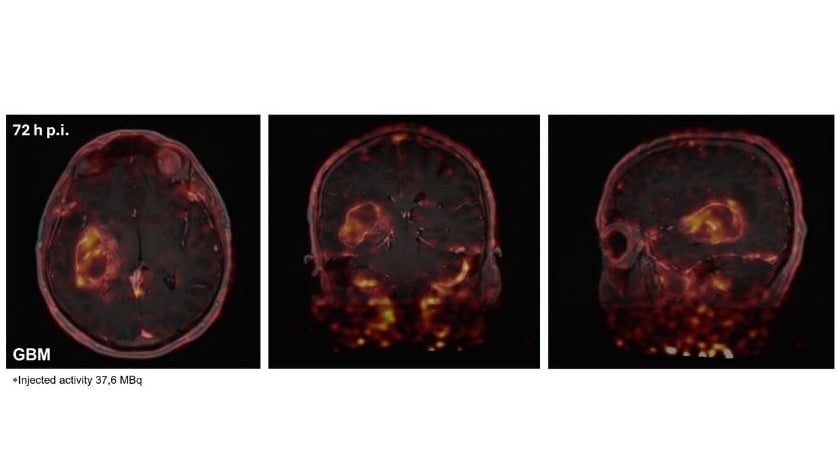
New imaging technique could spot patients with aggressive brain tumours who would benefit from immunotherapy
A new imaging technique could mean patients with aggressive glioblastomas benefit from cutting edge immunotherapy treatments, according to researchers.
-1.jpg?sfvrsn=3efe4a5_2)
World's first trial to test multiple treatments for brain cancers
A pioneering research study, led by researchers at The Institute of Cancer Research and The Royal Marsden, which will allow brain cancer patients to access drugs that are precisely targeted to their disease and swap to different treatments if needed, has launched in the UK.
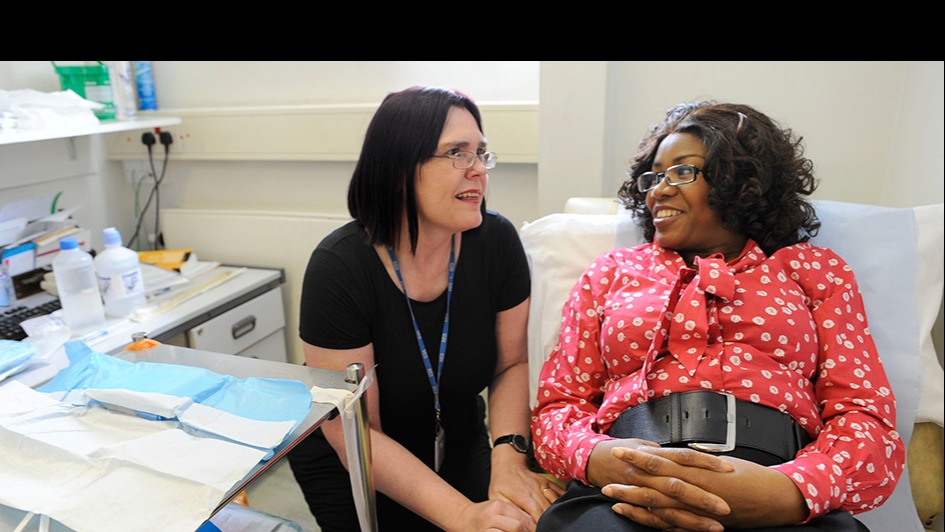
New drug combination offers hope to women with rare treatment-resistant ovarian cancer
A combination of two drugs which can block the growth of cancer cells has shown promising results in women with a form of ovarian cancer that rarely responds to chemotherapy or hormone therapy.
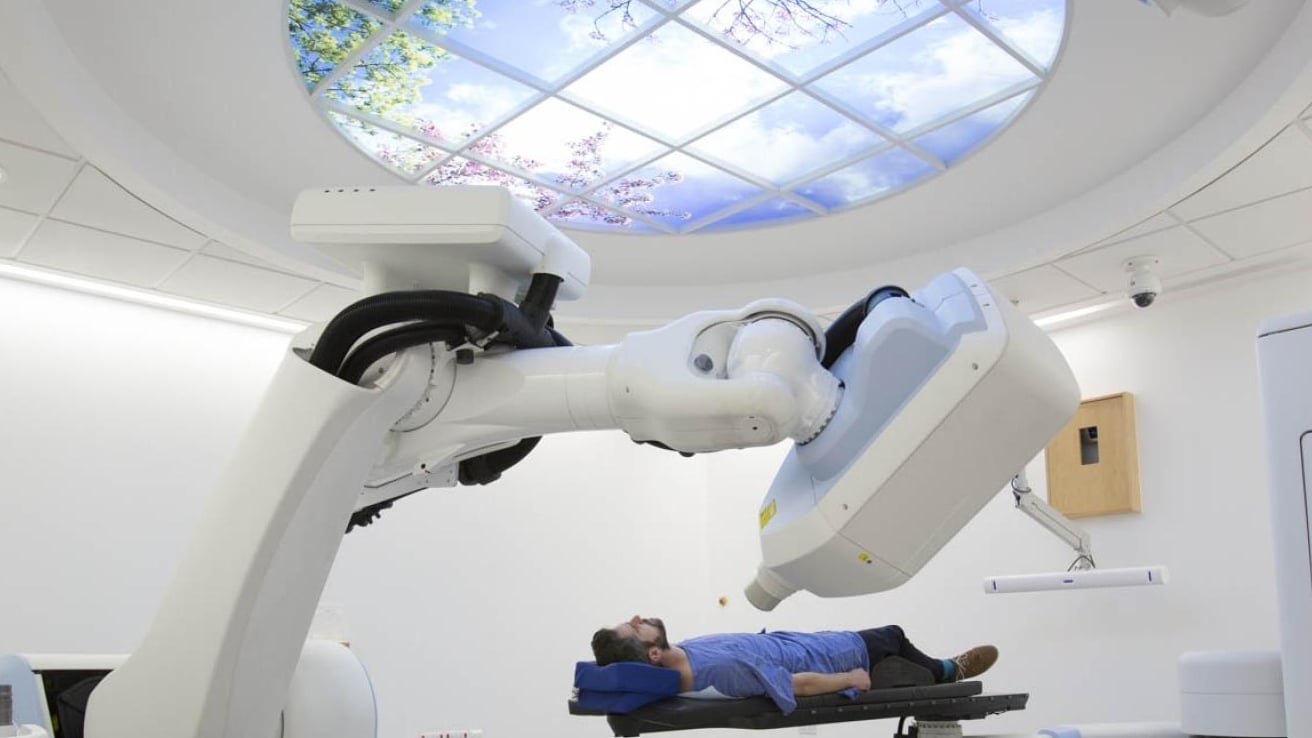
Higher doses of radiotherapy cuts treatment time by 75% in localised prostate cancer patients, while maintaining high cure rates
People with intermediate risk, localised prostate cancer can be treated as effectively using fewer and higher doses of radiation therapy delivered over five treatment sessions as they can with lower doses delivered over several weeks, according to researchers from The Institute of Cancer Research, London and The Royal Marsden NHS Foundation Trust.
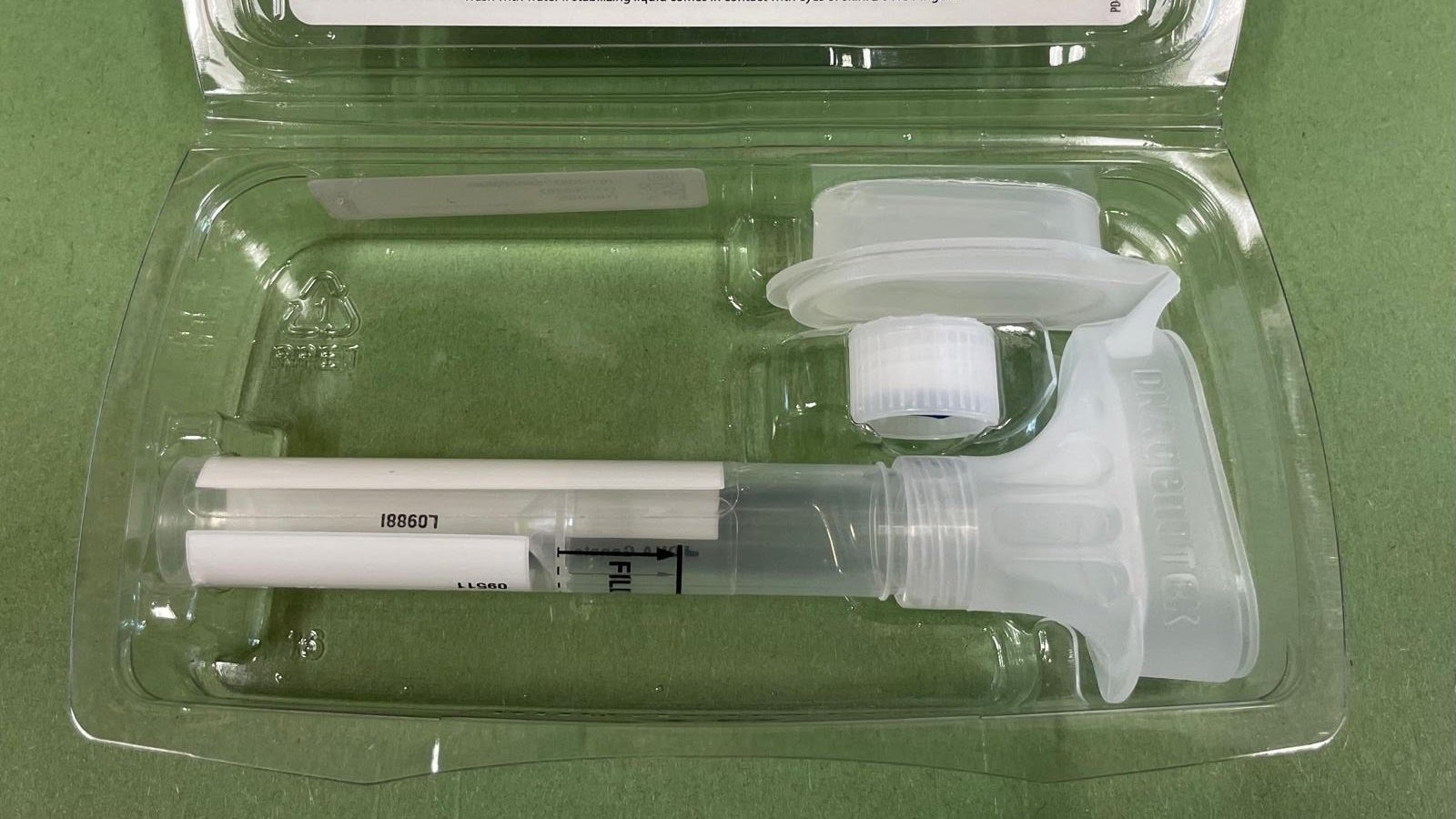
Prostate cancer spit test could save the NHS £500 million a year
Thousands of men could have their prostate cancer diagnosed at an earlier stage when it is easier and cheaper to treat, thanks to a new spit test which can be taken at home.
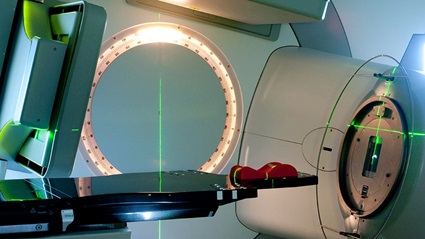
Personalised radiotherapy for people with bladder cancer shows promise
Researchers are a step closer to revolutionising how doctors use radiotherapy to treat patients with muscle-invasive bladder cancer.
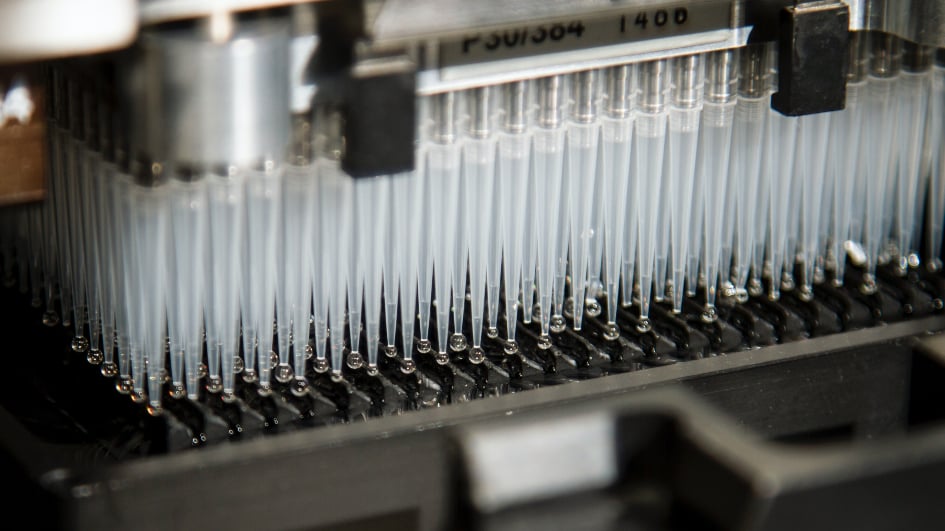
New genetic testing pathways could ensure patients get personalised treatments and help to catch more BRCA-linked cancer cases
Scientists have developed a new clinical pathway for testing for the cancer-causing faults in the BRCA gene that could ensure patients get the right treatment and boost the number of people who get tested.
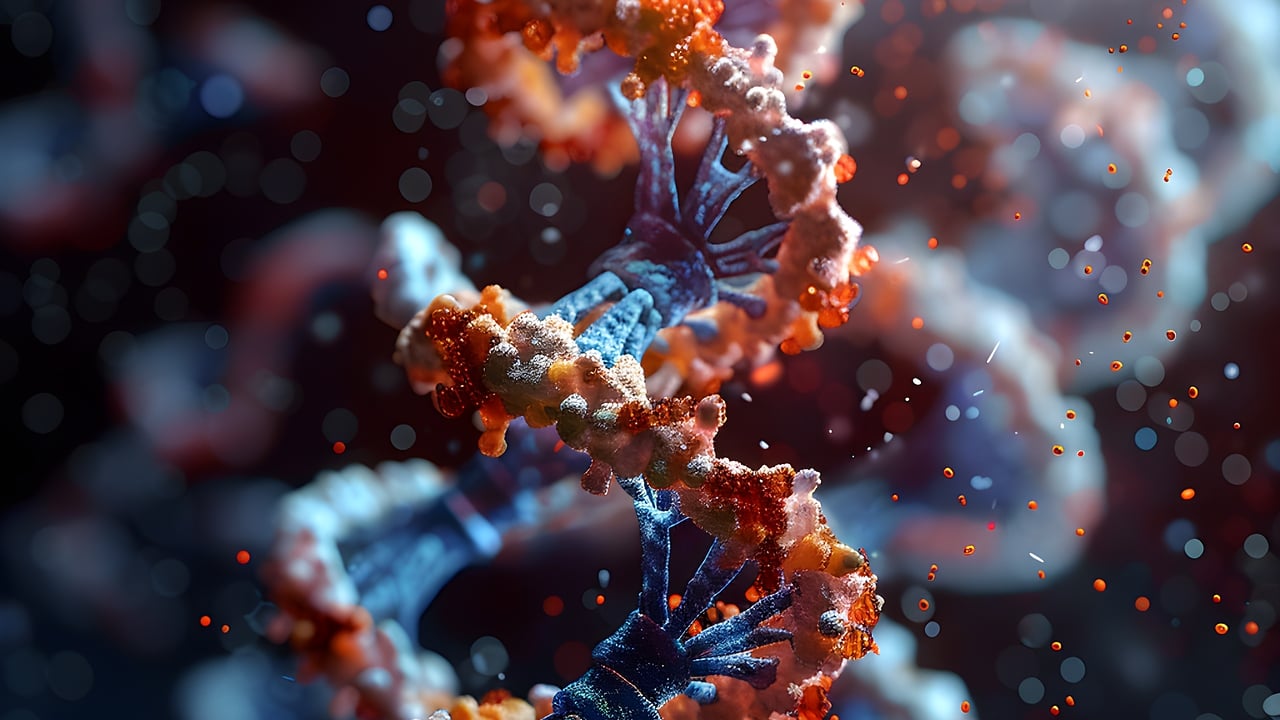
Large-scale study confirms well-established cancer risk factors and identifies new ones
Researchers have examined thousands of genetically defined traits to identify possible causal relationships for eight common cancers.